Dalits in Post Independence Era: A New Identity
Synopsis
The present study “Dalits in Post Independence Era” focuses on the various trends and phases of New dalit Identity, having its roots in the rising Indian nationalism when the nation was fighting for freedom from the British yoke. The 20th century Dalit organizations and Dalit leaders, prominent being Dr. Ambedkar and Babu Jagjivan Ram and few others revolutionized, influenced and changed the entire course of Dalit Liberation Movement as a multifaceted silent social revolution. Even Soveiet leaders, including Comrade Stalin were anxious in knowing from the India’s top Communist leader S.A. Dange during his visit to Moscow in 1947 about the abolition of caste barriers.
India got her independence after a prolonged struggle on 15th August, 1947. In independent India, country’s general masses, as well as millions of untouchables and other suppressed classes interested themselves in the nation’s all round development and witnessed a silent social revolution, when the nation adopted the Constitution of India which came into force on 26 January, 1950. Equality of status and of opportunity no doubt, with reservation provisions and abolition of untouchability has lead to social transformation of society. Ambedkarism and Neo-Buddhism have become synonyms.
It is hoped this historical study will be a useful reference tool in understanding the Dalits in Post-Independence Era.
Read more
India got her independence after a prolonged struggle on 15th August, 1947. In independent India, country’s general masses, as well as millions of untouchables and other suppressed classes interested themselves in the nation’s all round development and witnessed a silent social revolution, when the nation adopted the Constitution of India which came into force on 26 January, 1950. Equality of status and of opportunity no doubt, with reservation provisions and abolition of untouchability has lead to social transformation of society. Ambedkarism and Neo-Buddhism have become synonyms.
It is hoped this historical study will be a useful reference tool in understanding the Dalits in Post-Independence Era.
66.60
59.94
$
74.00 $
Free delivery Wolrdwidе in 10-18 days
Ships in 1-2 days from New Delhi
Membership for 1 Year $35.00
Get it now and save 10%
Get it now and save 10%
BECOME A MEMBER
Books by the same authors

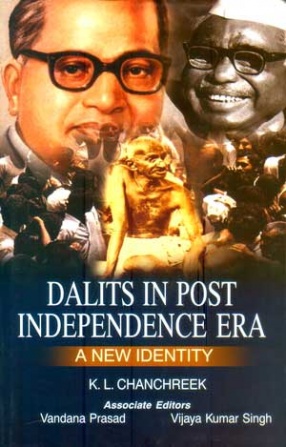
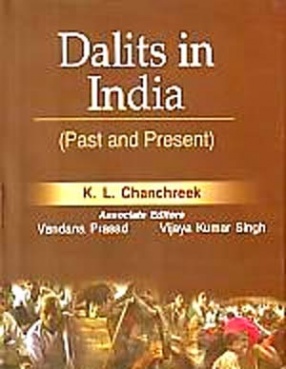

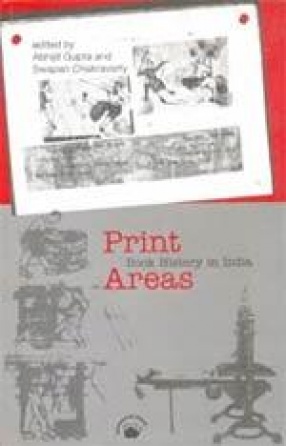
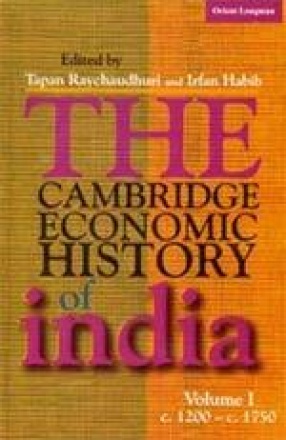
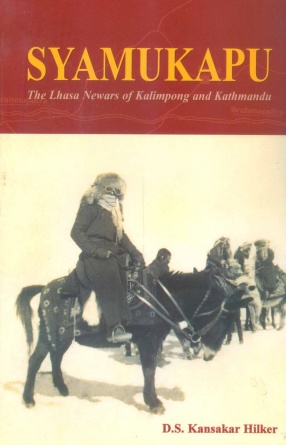

Bibliographic information
Vijaya Kumar Singh
Vandana Prasad